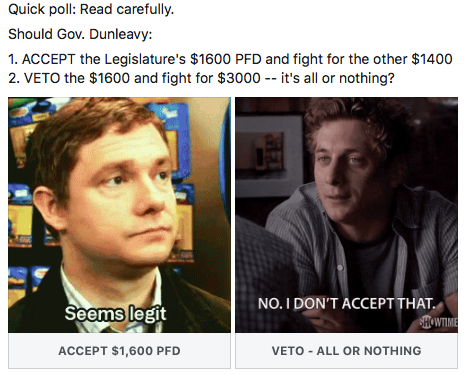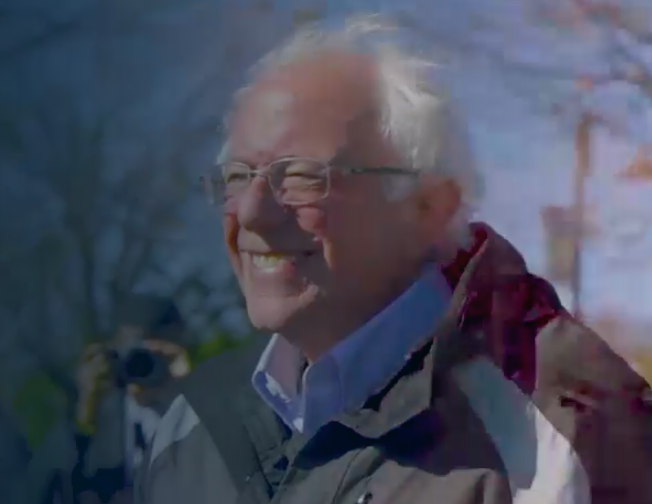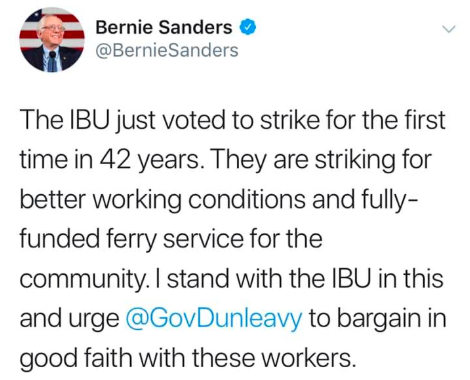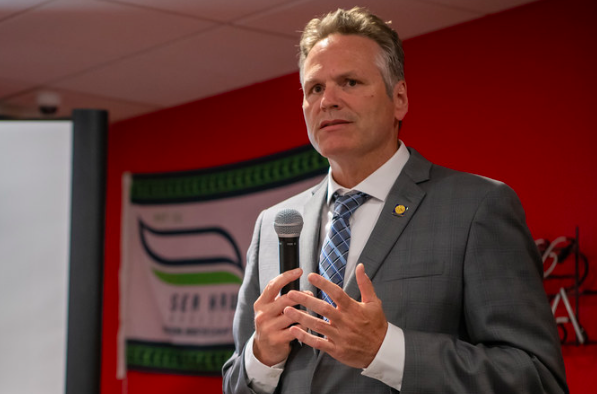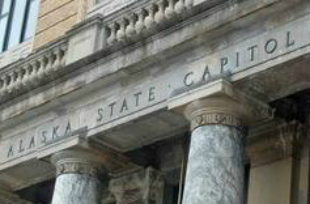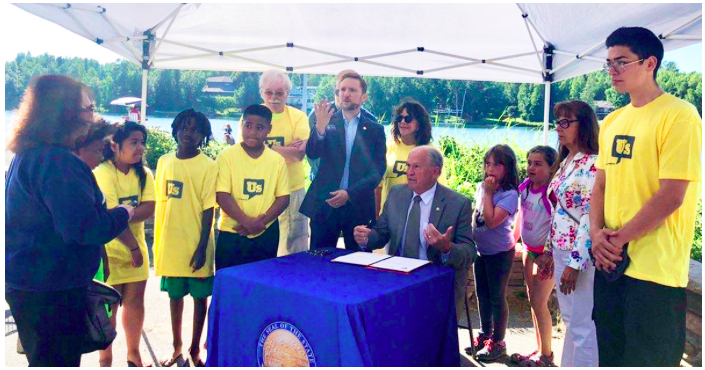The Environmental Protection Agency has begun to reverse a preemptive veto made against the Pebble Project, which was put in place under former EPA Chief Gina McCarthy during the Obama presidency.
The EPA published its decision today to withdraw the proposed determination to restrict the use of certain waters in the South Fork Koktuli River, North Fork Koktuli River, and Upper Talarik Creek watersheds in southwest Alaska as disposal sites for dredged or fill material associated with mining the Pebble deposit.
[Read the EPA’s explanation and links to documents here]
“The EPA has decided that now is the appropriate time to complete the withdrawal of the Proposed Determination in light of developments in the record and the availability of processes for EPA to address record issues with the U.S. Army Corps of Engineers (Corps) prior to any potential future decision-making by EPA regarding this matter,” according to a document signed by Chris Hladick, Region 10 Administrator for the EPA.
“Finally, this Administration has reversed the outrageous federal government overreach inflicted on the State of Alaska by the Obama Administration,” said Pebble Partnership CEO Tom Collier.
[Read: EPA will resume work on Pebble]
“The preemptive veto was an action by an Administration that sought to vastly expand EPA’s authority to regulate land use on state, private and Native-owned lands throughout the United States, and in doing so kill one of America’s most important mineral projects before a development plan was proposed or a comprehensive Environmental Impact Statement (EIS) permitting review was undertaken,” Collier said. “The Proposed Determination ordered to be lifted today was a preemptive veto that had never before been attempted in the 45-year history of the Clean Water Act – a fact acknowledged by the former Administrator’s senior staff.”
EPA’s Proposed Determination was not based on a development plan proposed by the Pebble Partnership, but on‘hypothetical mining scenarios’ prepared by EPA itself, and assessed in a study known as the Bristol Bay Watershed Assessment.
Following extensive hearings in the House Committee on Science, Space and Technology, the study was determined to be both a result of an abuse of due process and an unfortunate attempt on EPA’s part to justify its pre-determined intent to kill the Pebble Project before a development plan was proposed or a fair, science-based regulatory review was undertaken, Collier said.
Collier thanked Alaska Governor Michael Dunleavy for his leadership in encouraging EPA to withdraw its Proposed Determination.
“As Governor Dunleavy clearly recognizes, major companies will not invest in resource development in Alaska if projects can be vetoed before they receive a fair review. Alaska has needed this kind of leadership for years. Governor Dunleavy appears to be fulfilling his pledge to make sure the world knows Alaska is open for business, and supports responsible resource development,” Collier said.
The formal withdrawal of EPA’s Proposed Determination is one of a series of important milestones that Pebble believes demonstrate it is progressing steadily toward a positive Record of Decision.
The Pebble Project is expected to generate tens of millions of dollars in State government revenues each year at a time when the State of Alaska is facing a fiscal crisis. It is also expected to support some 2,000 Alaska jobs, with average compensation for mine workers in excess of $100,000/year.
Critics say it will do irreparable harm to the world’s last great salmon fishery in Bristol Bay, by introducing mining byproducts into the watershed.

